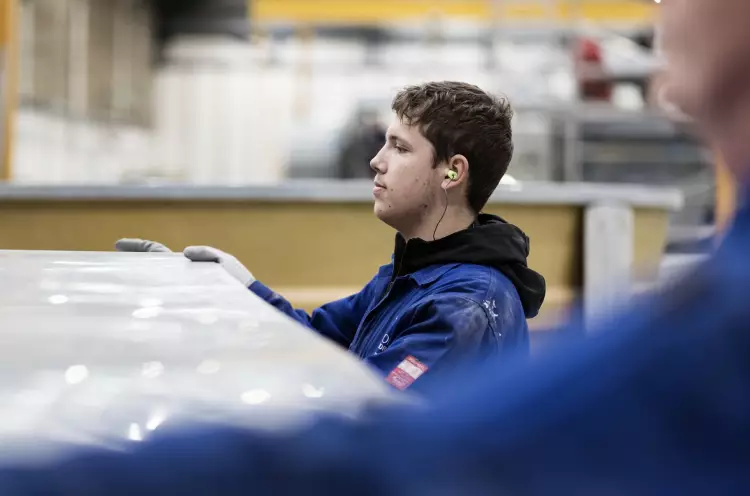

- some participants questioned our ability to succeed, believing our reputation as a region is of under-delivery, in part due to local political tensions. These tensions are real, and may hamper collaboration, which is essential to success.
- we must overcome our tendency to move too slowly in taking decisions on planning, regulatory control or infrastructure investment, and avoid taking those decisions in isolation. If we do not, we will miss the window for incentives and may lose out; and
- tax and custom sites must be managed to offer opportunities to SMEs, to start-ups and to entrepreneurs. Participants wanted to avoid simply providing space for “the usual few” large businesses, fearing that would simply re-shuffle the business pack and not drive evolution of the economy;
- it is essential that tax and custom sites create ‘additionality’: they must drive real growth by accommodating new or expanding businesses, and not simply allowing businesses to re-locate. In recent events it was clear the Solent Freeport team is aware of this, and have spoken about ‘site-specific agreements’ to avoid it;
In addition to the comments summarised above, our conversations suggest businesses are concerned about other risks which need to be addressed if we are to realise wider benefits from the Solent Freeport:

- some participants questioned our ability to succeed, believing our reputation as a region is of under-delivery, in part due to local political tensions. These tensions are real, and may hamper collaboration, which is essential to success.
- it is essential that tax and custom sites create ‘additionality’: they must drive real growth by accommodating new or expanding businesses, and not simply allowing businesses to re-locate. In recent events it was clear the Solent Freeport team is aware of this, and have spoken about ‘site-specific agreements’ to avoid it;

- tax and custom sites must be managed to offer opportunities to SMEs, to start-ups and to entrepreneurs. Participants wanted to avoid simply providing space for “the usual few” large businesses, fearing that would simply re-shuffle the business pack and not drive evolution of the economy;
- we must overcome our tendency to move too slowly in taking decisions on planning, regulatory control or infrastructure investment, and avoid taking those decisions in isolation. If we do not, we will miss the window for incentives and may lose out; and
In addition to the comments summarised above, our conversations suggest businesses are concerned about other risks which need to be addressed if we are to realise wider benefits from the Solent Freeport: